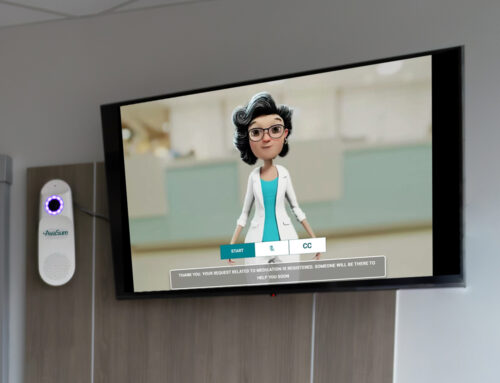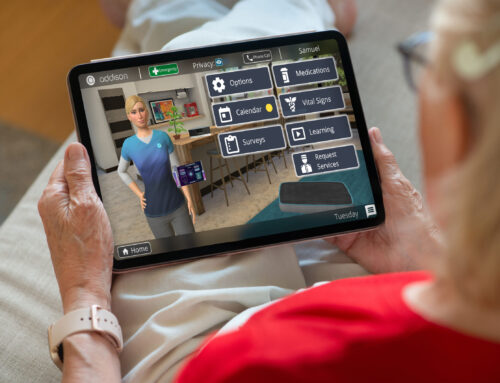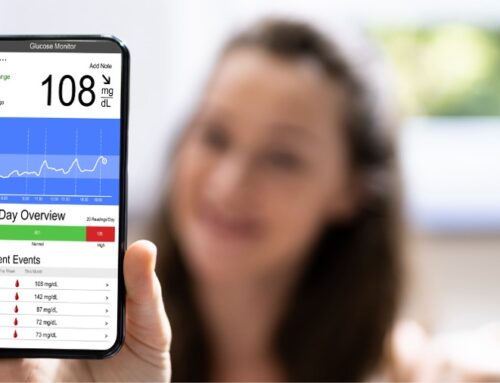By Dr. Oliver Harrison, CEO at Koa Health |
It’s safe to say that the last 18 months have been transformative for mental health care. As COVID-19 disrupts our lives, many have turned to technology to maintain a sense of stability whether that’s staying connected with loved ones or keeping businesses running. As a clinical psychologist and chief executive of a digital mental healthcare provider, it’s very exciting to see a wave of innovation around how we help people looking to improve their mental health. First-time downloads of the top 20 mental wellness apps in the United States were up 29% between January and April 2020 as the impacts of the pandemic began to unfold. And recent research shows use of digital mental health tools by patients already receiving care to be 2 to 3 times the expected rate of similar apps downloaded from general app stores.
COVID-19 and the loneliness, depression and anxiety which arrived with it, have seen investor interest in the digital mental healthcare market reach record heights. In Q2 2021 funding reached a record high of $1.3 billion, with activity dominated by the employee benefits space. And increased investment is worth it; the cost of untreated mental health is tremendous. Present day, job stress alone costs the economy up to $300 billion each year because of lost productivity and associated costs due to absenteeism, employee turnover and increases in medical and disability expenses. The World Economic Forum reports that by 2030, the global costs of mental health problems will total over $6 trillion.
As we collectively work together to innovate around the fragmented and complex US healthcare system, the ongoing investments, coupled with continued uptake from both consumers and physicians, suggest that the future of mental healthcare is increasingly digital.
Bridging access to mental healthcare
Perhaps the greatest strength of digital within the mental health sector is that it has the potential to help bridge access to quality mental healthcare. The importance of this cannot be understated. In any given year, approximately 1 in 5 adults in the US will experience a form of mental illness, but research indicates only about half of them receive treatment due to our understaffed and unevenly distributed system.
Studies have shown that 60% of US counties do not have a single psychiatrist, with 77% of US states reporting a severe deficiency of psychiatrists. Wyoming, with a population of nearly 600,000, totaled just 34 psychiatrists as recently as 2018. As a result, SAMHSA noted that 55.2% of adults with mental illness received no treatment for their mental health problems.
Thanks to the ubiquity of smartphones, digital health improves access to care and supports people to care for their mental health on their terms, with effective, science-backed programs.
This new wave of digital-first, personalized care extends far beyond offering more than one type of intervention, but also recognizing that people engage with technology in different ways. We’ve seen first-hand that some of our users love going through programs in a step-by-step fashion, while others prefer to dip into activities as and when they need them. It is important that industry leaders acknowledge that generic approaches simply won’t work well for everyone and rally around how we can use data and clinical expertise to improve the digital patient experience.
How to ensure digital mental healthcare sticks
While digital mental healthcare has grown in popularity, there are steps needed to ensure that we don’t go back to pre-pandemic ways.
Digital mental healthcare providers must prove effectiveness. At present, 67% of apps for anxiety management lack any involvement of a health professional in their development, and just 4% have been empirically evaluated, justifiably leaving commentators to label the sector a ‘Wild West’ in 2019. If digital mental healthcare is here to stay, I believe scientific research and meaningful innovation, driven by evidence, is the way forward.
Building and sustaining consumer confidence that digital mental health solutions are designed ethically is also critical to the long-term health of the sector. Our health is one of the most sensitive areas of our lives; as such, consumers want more than just efficacy in a digital mental health solution. They want an inclusive product that considers their unique life experiences – one that offers maximum accessibility, freedom from biases, and trustworthiness. Nearly no one is willing to hand over their personal data to a service provider that doesn’t offer adequate protection; in fact, 81% of Americans feel that the risks of sharing personal data outweigh the benefits. Therefore, providers must also offer more privacy and security assurances to build credibility and trust.
Mental health support is critical for everyone, not just those clinically diagnosed with mental illness. This is where digital mental healthcare can help open access, regardless of where people are in their mental health journey or geographically. It’s for this reason that we must ensure mental healthcare is augmented by digital solutions and services that are evidence-based and personalized.
 About the Author
About the Author
Oliver is CEO of Koa Health. Oliver is a medical doctor and spent six years as the Director of Public Health in Abu Dhabi, before joining the Koa Health team to lead in our pursuit of solutions for health, grounded in science. Oliver serves on the WHO Roster of Experts for Digital Health, the Expert Panel for implementing the Welcome Trust’s mental health strategy, and the Commercial Board of Guy’s and St Thomas’ NHS Foundation Trust (the largest hospital in the UK NHS).












